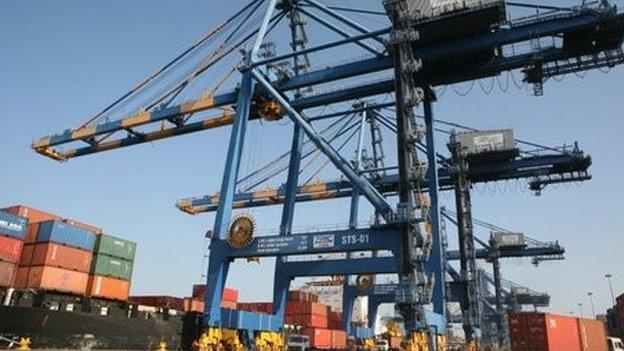Two Australian reptiles kick up a skink over coal mining
- Published
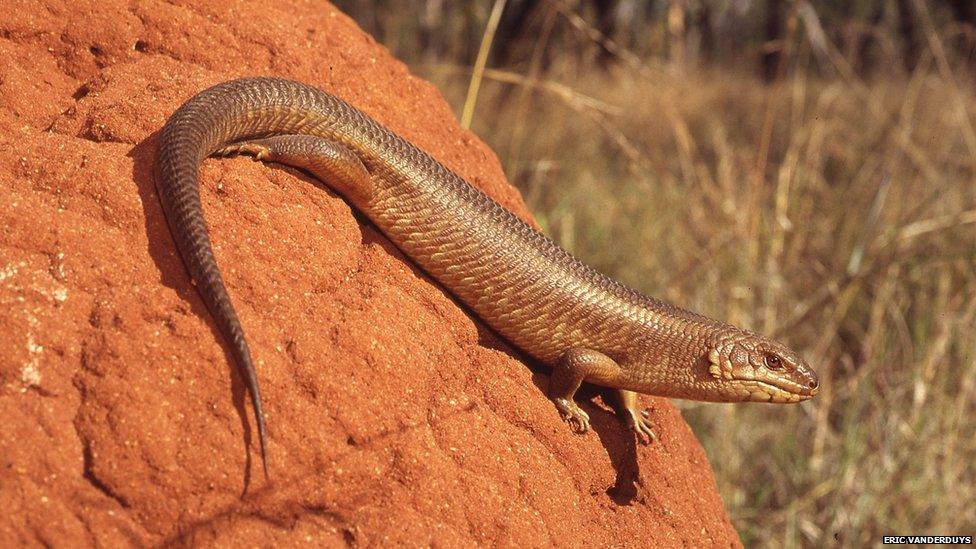
Much of the skink's habitat has been cleared for development
This week a giant coal mine that could produce millions of tonnes of coal for export to India was scuttled by two Australian reptiles.
After a five-year approval process, the humble Yakka Skink - a secretive lizard known to hide under rocks and inside hollow logs - and the Ornamental Snake brought to a halt a A$16bn ($12bn; £8bn) mine, rail and port project proposed for the Galilee Basin in Queensland.
The two reptiles are among Australia's most threatened species.
Because the federal environment minister failed to take into account what the mine could mean for their habitat, his earlier approval for the mine was overturned by the Federal Court of Australia.
The mine may still go ahead but the delay is the latest chapter in a long history of Australian flora and fauna causing grief to developers.
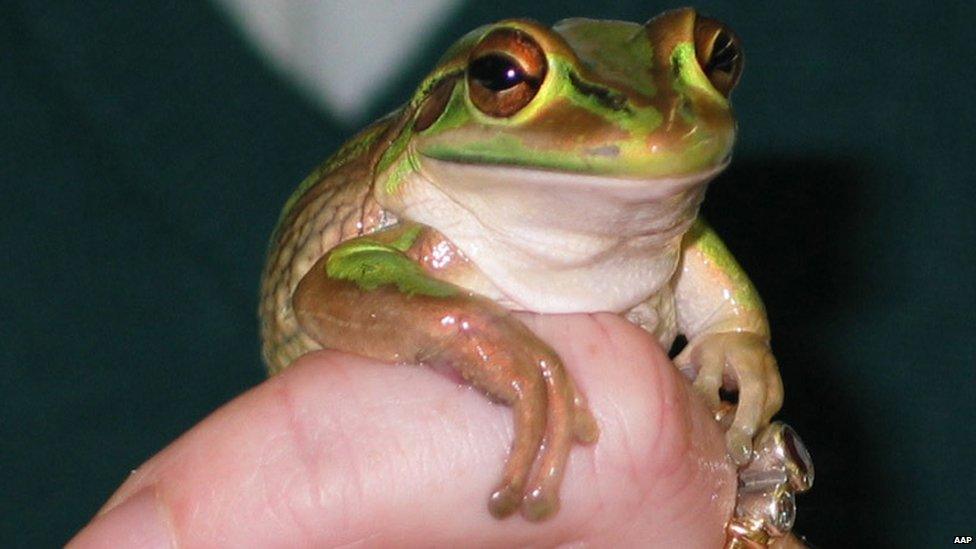
The Green and Gold Bell Frog has a penchant for industrial development sites
Back in 1995, one of the last known colonies of the endangered Green and Gold Bell frog delayed the construction of a multi-million dollar residential development in inner-city Sydney.
A few years later, the frogs were found frolicking in an abandoned brick pit where authorities had planned to build a tennis court for the Sydney 2000 Olympic Games.
The courts were built elsewhere while the frogs got a specially built habitat.
Now they are in the way of a key major road project in Sydney.
In the mid 2000s, a new species of flowering shrub was discovered in the Lower Hunter Valley, north of Sydney.
Named Persoonia pauciflora, botanists were excited to discover it grew nowhere else in the world.
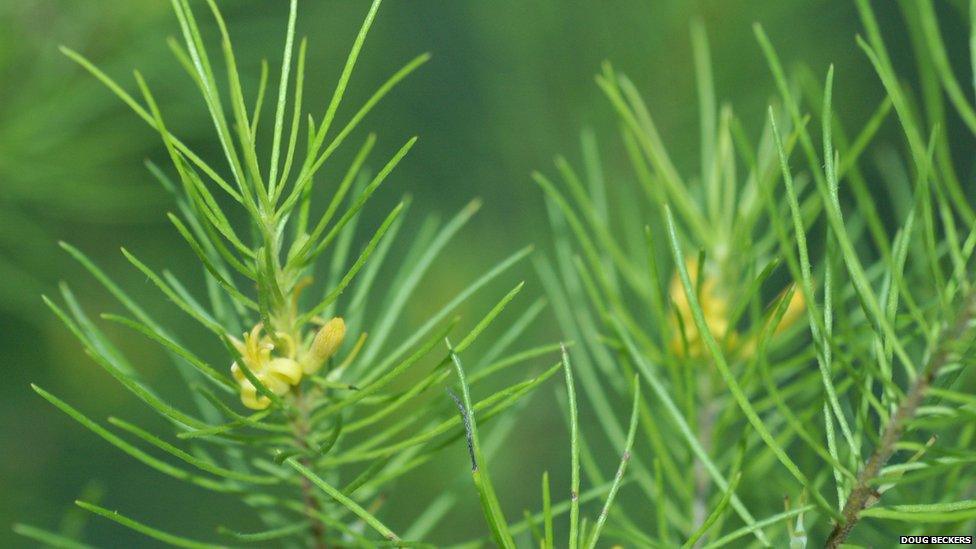
This modest flowering shrub occurs only in a small area north of Sydney
Unfortunately, it was growing on the site of a proposed housing development. When word got around, someone ripped out 300 of the last 500 of these rare plants. The culprit was never found.
The discovery of a threatened or new species can cause havoc for developers, delaying or even putting an end to a project.

What overturned the Queensland mine's approval?
A small conservation group in Mackay, Queensland, challenged the environment minister's decision to approve the mine on a number of legal bases, including:
Failure to take into account greenhouse gases that will be produced by burning coal from the mine and the subsequent impact on the Great Barrier Reef
Failure to take into account Adani's alleged poor environmental history
Failure to take into account two "Approved Conservation Advices" on the Yakka Skink and the Ornamental Snake
Approved Conservation Advices are scientific and legal documents that explain the conservation requirements of species to avoid their extinction.
It was this last point that convinced the court to overturn the minister's approval.

In the state of Victoria, the Orange-bellied Parrot was centre stage in a long-running saga about whether a wind farm could be built in South Gippsland.
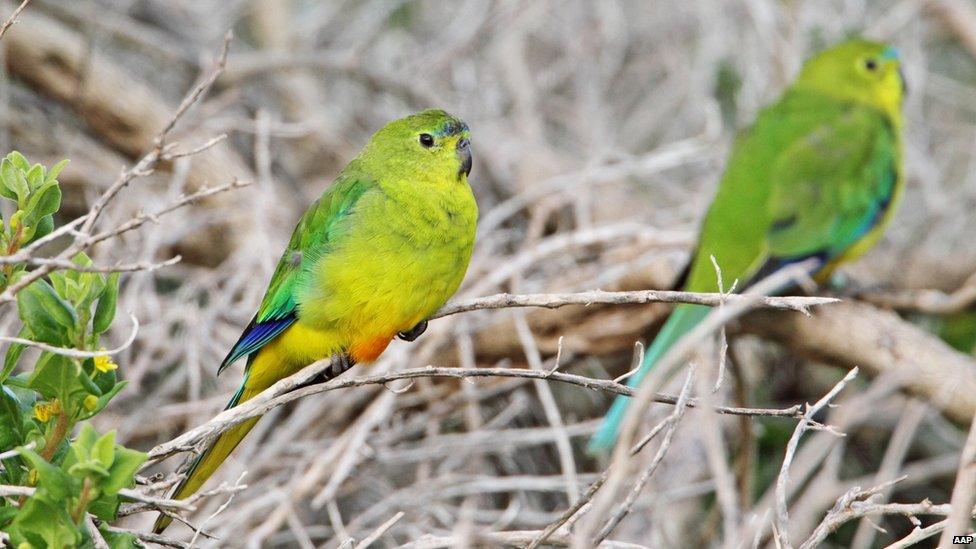
The Orange-bellied Parrot is one of the world's rarest and most endangered species
The federal environment minister banned the 52-turbine project in 2006, on advice that turbine blades posed a small risk to the critically endangered bird.
The minister eventually reversed his own decision and the wind farm is going ahead.
Other threats
In the case of Indian company Adani's giant coal mine in Queensland, environmentalists and scientists are worried about more than threats to reptiles.
Dredging associated with an expansion of port facilities for the mine poses a huge risk to the Great Barrier Reef; exports would further entrench the world's reliance on carbon polluting fossil fuels; and the mine could threaten artesian water.
The Department of the Environment on Wednesday said reconsideration of the project did not require revisiting the entire approval process.
New approval documentation could be ready within eight weeks.
Adani described the court decision as simply a "technical legal error". But environmentalists say protecting endangered species is vital work.
"To describe an endangered species as a technicality and groundwater as a technicality is in line with Adani's environmental record around the world, which is appalling," said Geoff Cousins, president of the Australian Conservation Foundation.
"The government should simply strike this project down."
- Published5 August 2015
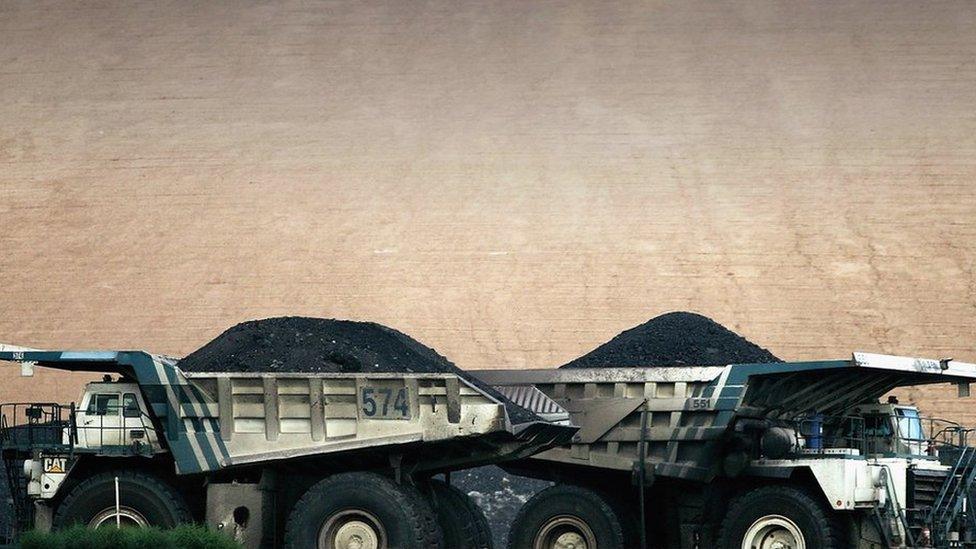
- Published6 August 2015
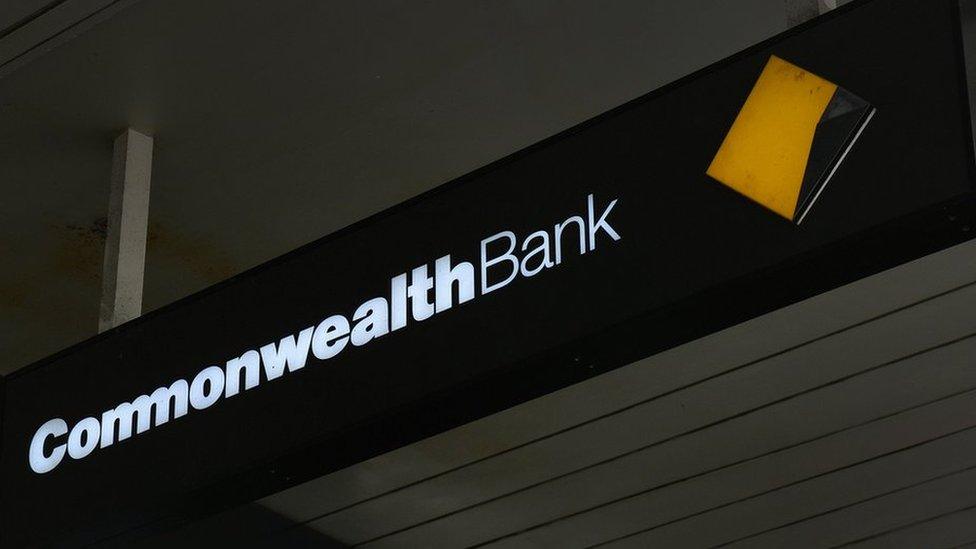
- Published23 October 2014
